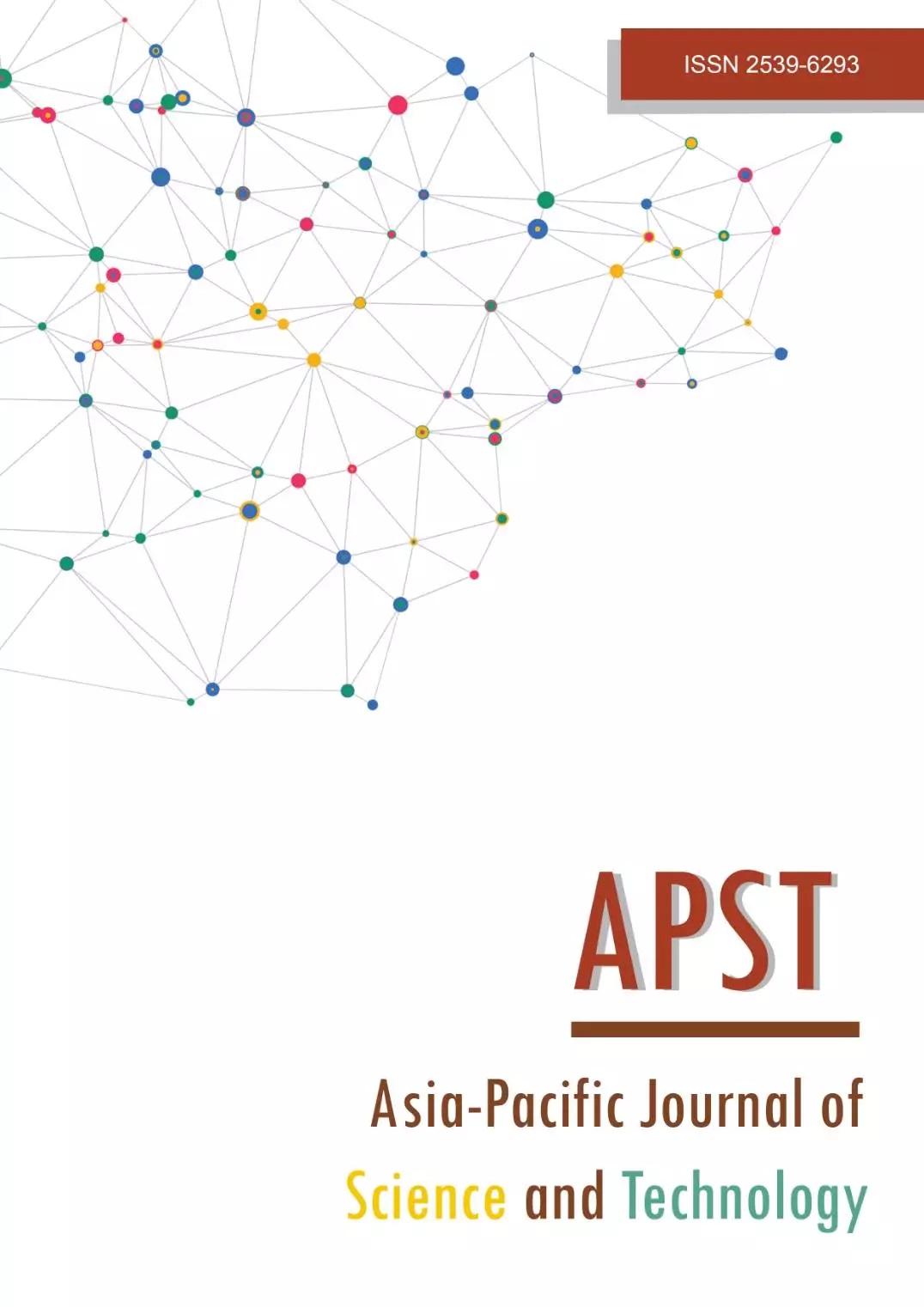Esports may improve cognitive skills in soccer players: A systematic review
Main Article Content
Abstract
Electronic sports, or esports, are a quickly becoming a worldwide athletic trend and may benefit traditional sport players. Because soccer is a popular sport that requires high-skilled performances, the aim of the present study was to determine whether the practice of esports was associated with improved cognitive soccer skills. This meta-analysis evaluated esports in relation to the memory, decision-making ability, reaction times, and executive functions of soccer players. The inclusion criteria were studies conducted for soccer players that compared esports with any other sport or control; the study types included randomized controlled trials and quasi-experimental studies selected from 276 records in five databases. Three studies were included in this analysis; two of these were randomized controlled trials in which soccer players between 14– 20 years of age with 3– 5 years of experience were enrolled. A total of 150 soccer players participated in these three studies, and the largest sample size was 75 players. Since these three studies did not share common interventions or outcomes, the results thereof were reported as descriptive outcomes; all three studies yielded significant outcomes. This study concludes that the practice of esports has the potential to improve the cognitive skills of young soccer players, and that additional larger randomized controlled trials are required.
Article Details

This work is licensed under a Creative Commons Attribution-NonCommercial-NoDerivatives 4.0 International License.
References
Micallef D, Brennan L, Parker L, Schivinski B, Jackson M. Where do online games fit into the health behaviour ecology of emerging adults: a scoping review. Nutrients. 2021;13(8):1-25.
Ketelhut S, Niedecken MAL, Zimmermann P, Nigg CR. Physical activity and health promotion in esports and gaming-discussing unique opportunities for an unprecedented cultural phenomenon. Front Sports Act Living. 2021;3:693700. PMID: 34604743
Funk DC, Pizzo AD, Baker BJ. eSport management: embracing eSport education and research opportunities. Sport Manage Rev. 2018;21(1):7-13.
Pereira AM, Teques P, Verhagen E, Gouttebarge V, Figueiredo P, Brito J. Mental health symptoms in electronic football players. BMJ Open Sport Exerc Med. 2021;7(4):1-9.
Murphy CP, Wakefield A, Birch PDJ, North JS. Esport Expertise Benefits Perceptual-Cognitive Skill in (Traditional) Sport. J Expert. 2020;3:227-237.
Lovecchio N, Manes G, Filipas L, Giuriato M, Torre AL, Iaia FM, et al. Screening youth soccer players by means of cognitive function and agility testing. Percept Mot Skills. 2021;128(6):2710-2714.
Sakamoto S, Takeuchi H, Ihara N, Ligao B, Suzukawa K. Possible requirement of executive functions for high performance in soccer. PLoS One. 2018;13(8):1-11.
Vestberg T, Jafari R, Almeida R, Maurex L, Ingvar M, Petrovic P. Level of play and coach-rated game intelligence are related to performance on design fluency in elite soccer players. Sci Rep. 2020;10(1):1-10.
Fortes LS, Almeida SS, Praça GM, Nascimento JRA, Lima D, Barbosa BT, et al. Virtual reality promotes greater improvements than video-stimulation screen on perceptual-cognitive skills in young soccer athletes. Hum Mov Sci. 2021;79:102856.
Emirzeoğlu M, Ülger Ö. The acute effects of cognitive-based neuromuscular training and game-based training on the dynamic balance and speed performance of healthy young soccer players: a randomized controlled trial. Games Health J. 2021;10(2):121-129.
Reigal RE, Guirval GF, Baro MJP, Sánchez MV, Ruiz JMR, Mendo HA. Effects of a computerized training on attentional capacity of young soccer players. Front Psychol. 2019;10:2279. PMID: 31695637
Bogdanova Y, Yee MK, Ho VT, Cicerone KD. Computerized cognitive rehabilitation of attention and executive function in acquired brain injury: a systematic review. J Head Trauma Rehabil. 2016;31(6):419-433.
Gan X, Yao Y, Liu H, Zong X, Cui R, Qiu N, et al. Action real-time strategy gaming experience related to increased attentional resources: an attentional blink study. Front Hum Neurosci. 2020;14:101. PMID: 32341688


